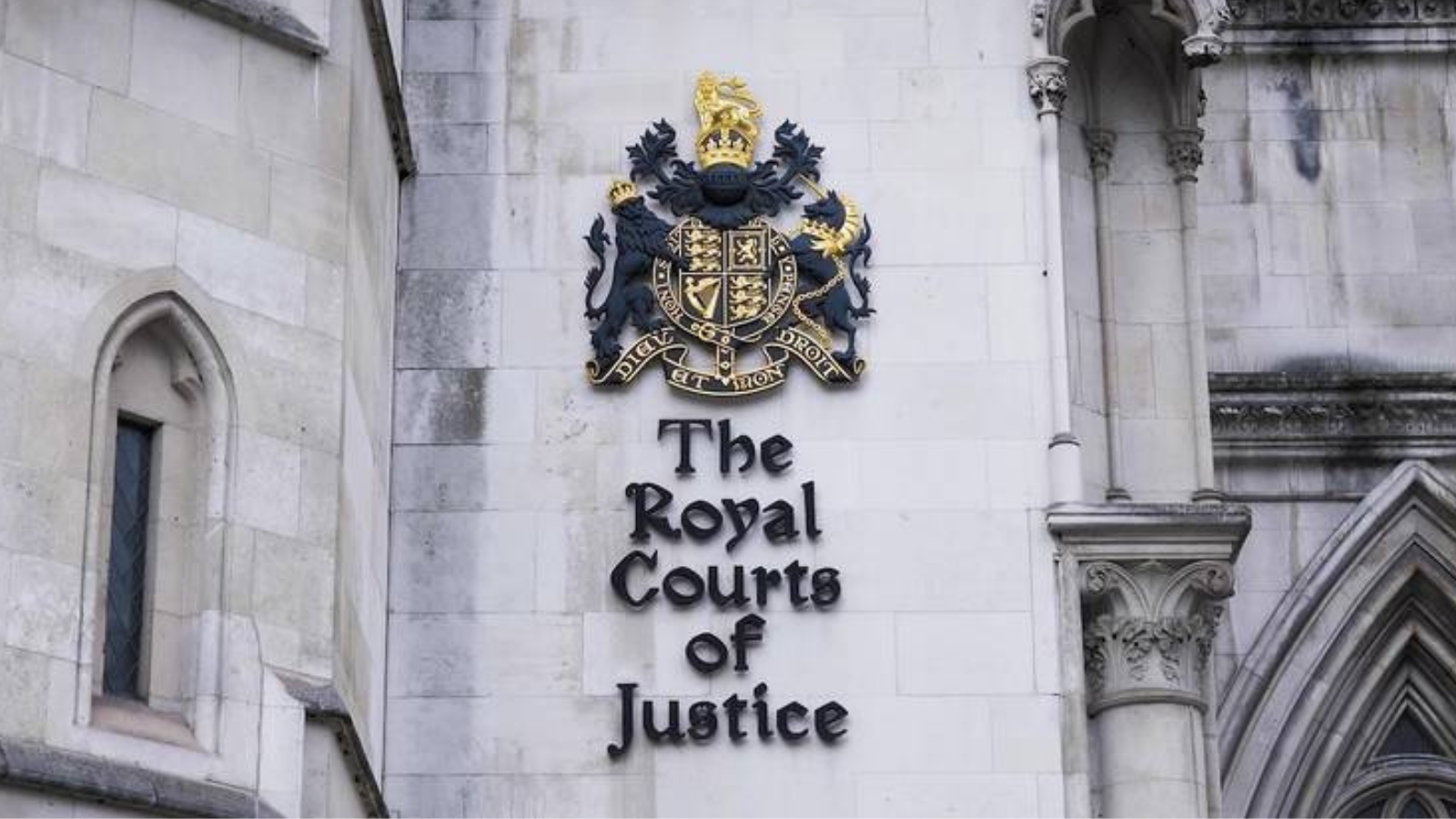
Regina WA (Palestinian Territories) v Secretary of State for the Home Department
2021 Court of Appeal (Civil Division) on appeal from the Upper Tribunal Immigration and Asylum Chamber
This case was precedent setting
Summary
The (unidentified) claimant, WA, was a national of the Palestinian Territories who was granted refugee status in the United Kingdom, followed by indefinite leave to remain in 2019. He suffered sustained torture as a child in Gaza for (in part) refusing to become a suicide bomber and then physical, mental, and sexual abuse in Italy en route to the UK.
His Biometric Residence Permit (BRP) issued by the Home Secretary stated his date of birth as 19th April 1989 (the Stated Date) as the date considered most likely. WA genuinely and firmly believed his date of birth to be 29th December 1994 (the Claimed Date). There was no documentary evidence for this claim and four age assessments contradicted it by some years. The Home Secretary refused to change his BRP datum to the Claimed Date.
WA had challenged this refusal through an expedited claim for judicial review. This was dismissed by the Upper Tribunal (Immigration and Asylum Chamber) (Upper Tribunal Judge Pitt) on 29th September, 2020. WA appealed to the Court of Appeal.
WA suffered from continuing depression and post-traumatic stress disorder. He found the imposition of a birthdate that he firmly believed incorrect to be dehumanising and corrosive to his sense of identity. He felt this so strongly that in 2020 he began to restrict his intake of fluid and foods unless the date was changed from the Stated Date to the Claimed Date. His life was in imminent danger.
As part of the appeal WA’s representatives claimed a positive operational duty pursuant to Article 2 of the European Convention on Human Rights to review administrative decisions to protect his life. In addition it was argued that a public authority’s record-keeping function had a positive duty under Article 8 to respect an important part of WA’s identity: his date of birth.
The appeal was dismissed. All judges expressed their profound hopes that WA would make the choice to live and that they were conscious of the possible consequences of their decision.
The Court of Appeal saw no merit in the ground of appeal that the tribunal judge should have determined WA’s date of birth (overriding the Home Secretary’s date). WA’s own account had been inconsistent and he had been assessed, consistently, as significantly older than he claimed.
In considering Article 2, the court was careful not to introduce an arbitrary division of “the state” but held that although the branch of the state which had control over a vulnerable person whose life was at real and immediate risk was under a positive operational duty to protect his life (in this case the NHS), that duty did not extend to other branches of the state exercising functions that would not otherwise give rise to such a duty.
WA’s argument that it was obviously proportionate for the Home Secretary to amend the BRP as they were under a positive operational duty to take any reasonable and feasible step to protect WA’s life was supported by MIND, the mental health charity that was Intervener in this case. MIND called the decision not to amend the BRP to the Claimed Date “pettifogging bureaucracy”.
Lord Justice Underhill rejected this characterisation and commented that:
“…the integrity of official records is, rightly, a matter of fundamental importance […] cannot be altered by the fact that as a result of mental illness the subject is prepared to imperil their life unless plainly incorrect information is included in the official record.”
The Article 8 claim fared no better. A public authority’s record-keeping function had to respect the rights of individuals to their private life but that did not extend to inserting information in records which was unverified, inaccurate or misleading. That was the case no matter how serious the consequence for a particular individual.
Lord Justice Phillips further stated that this conclusion could be reached either by
“…holding that there is no positive duty to insert inaccurate or unverified information, or by deciding that the duty to respect an individual’s identity (or his perception of it) is overwhelmingly overridden by the public interest in accurate and evidence-based records.”
In short, the state could not be put under an obligation to include in a core official document information that was simply wrong, no matter the impact on the individual concerned.
Judgment
Approved judgement: 13th January 2021
Press
Law report for The Times: No right to have residence permit amended for suicidal tendencies
Stephen Simblet KC for Garden Court Chambers: Court of Appeal hold that Home Secretary is not required to put a different deemed date of birth on identity document provided to a refugee despite risk to life
